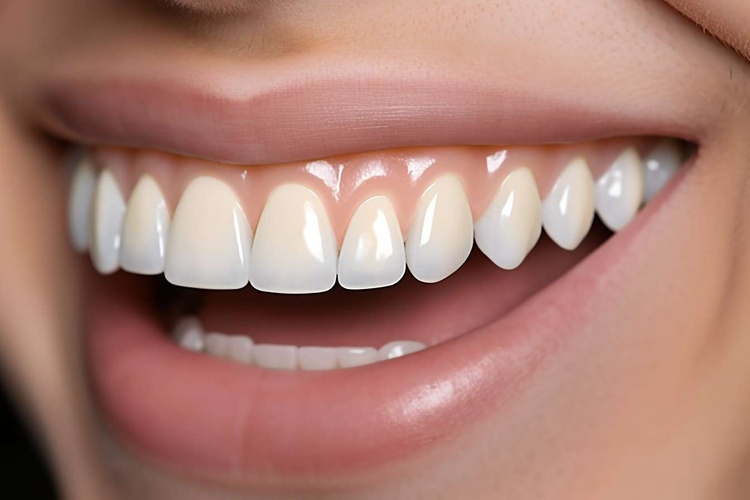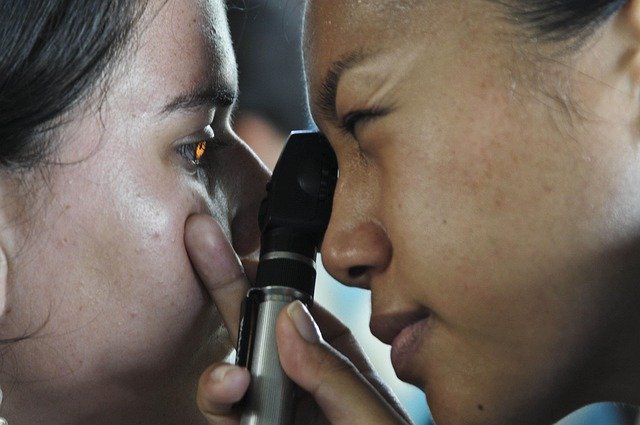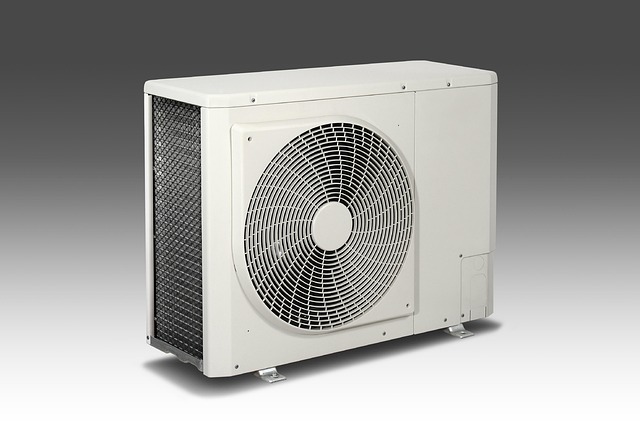A Comprehensive Guide to Teeth Whitening: Natural Methods and Professional Services
Having a bright, white smile can boost confidence and make a lasting impression. Whether you're preparing for a special occasion or simply want to enhance your everyday appearance, teeth whitening options range from natural home remedies to professional dental treatments. This guide explores different approaches to achieving a brighter smile, comparing their effectiveness, costs, and considerations to help you make an informed decision about the best teeth whitening method for your needs.

How to Naturally Whiten Teeth
Natural teeth whitening methods offer affordable alternatives to professional treatments and can be performed using items you likely already have at home. One popular approach is oil pulling, which involves swishing coconut oil in your mouth for 15-20 minutes to reduce bacteria and plaque. Baking soda, another common household item, works as a mild abrasive that can help remove surface stains when used occasionally as a toothpaste additive.
Dietary changes can also contribute to whiter teeth. Limiting consumption of stain-causing foods and beverages like coffee, tea, red wine, and dark berries may prevent discoloration. Meanwhile, crunchy fruits and vegetables like apples, carrots, and celery can act as natural cleansers, scrubbing away plaque and surface stains while stimulating saliva production that helps neutralize acids and protect tooth enamel.
Natural Methods to Whiten Teeth at Home
Beyond basic approaches, several specific natural remedies have gained popularity for teeth whitening. Activated charcoal, despite its dark appearance, may help absorb and remove tooth stains and toxins. When using activated charcoal, apply it gently to avoid enamel damage, and use it sparingly rather than daily.
Hydrogen peroxide, a natural bleaching agent, can be used as a mouth rinse when properly diluted (typically 1.5% to 3% solution). Some people combine it with baking soda to create a paste, though this should be used cautiously to prevent enamel erosion. Apple cider vinegar, another natural option, contains acetic acid that may kill bacteria and whiten teeth, but should be used sparingly and always followed by rinsing with plain water to protect enamel from acid damage.
It’s important to note that while natural methods can help maintain whiteness and remove some surface stains, they typically work more gradually than professional treatments and may not be effective for deep or intrinsic stains.
Professional Teeth Whitening Cost Overview
Professional teeth whitening performed by dentists delivers more dramatic results than home remedies and over-the-counter products. In-office treatments typically use higher-concentration bleaching agents applied under controlled conditions, often enhanced by specialized lights or lasers to accelerate the whitening process. These professional treatments can lighten teeth by several shades in a single visit.
Dentist-supervised take-home kits represent a middle ground between in-office procedures and over-the-counter products. These kits include custom-fitted trays and professional-strength whitening gel to use at home according to your dentist’s instructions. While more expensive than over-the-counter options, they offer better fit, more consistent results, and professional oversight.
Average Cost of Teeth Whitening Treatments
The cost of teeth whitening varies significantly depending on the method, provider location, and individual dental needs. In-office professional whitening typically ranges from $500 to $1,000 per treatment. These one-time procedures provide immediate results but may require maintenance sessions.
Dentist-provided take-home kits generally cost between $250 and $500, offering a more affordable professional option with results appearing over one to two weeks. Over-the-counter products represent the most economical option, with strips, trays, and gels ranging from $20 to $100, though results vary widely in effectiveness and may require longer treatment periods.
| Whitening Method | Average Cost Range | Results Timeline | Longevity |
|---|---|---|---|
| In-Office Professional | $500-$1,000 | Immediate (1 visit) | 1-3 years with proper care |
| Dentist Take-Home Kits | $250-$500 | 1-2 weeks | 6-12 months |
| OTC Whitening Strips | $20-$50 | 2-3 weeks | 3-6 months |
| OTC Whitening Toothpaste | $5-$15 | Several weeks | Minimal, maintenance only |
| Natural Methods | $5-$20 | Gradual, weeks to months | Varies widely |
Prices, rates, or cost estimates mentioned in this article are based on the latest available information but may change over time. Independent research is advised before making financial decisions.
Teeth Whitening Services by Dentists
Dentists offer various professional whitening services tailored to individual needs. Before any treatment, a comprehensive dental examination assesses oral health and determines the cause of discoloration, as some stains (particularly those caused by medications or dental trauma) may not respond well to conventional whitening.
In-office procedures typically involve applying a high-concentration hydrogen peroxide gel (15-40%) to the teeth after protecting the gums with a barrier. Some dentists enhance the process with specialized lights or lasers, though their effectiveness remains debated among dental professionals. The entire procedure usually takes 60-90 minutes and can lighten teeth by up to eight shades in a single visit.
For patients with sensitive teeth or those who prefer a more gradual approach, dentists may recommend custom-fitted trays with professional-strength whitening gel for home use. These treatments provide more controlled application than over-the-counter options and allow for adjustments based on sensitivity and desired results. Many dentists offer combination treatments, beginning with an in-office session followed by at-home maintenance using custom trays.
Maintaining Your Whiter Smile
Regardless of which whitening method you choose, maintaining results requires consistent oral hygiene and some lifestyle adjustments. Brushing twice daily with a whitening toothpaste, flossing regularly, and scheduling professional dental cleanings every six months helps preserve your brighter smile. Limiting consumption of staining substances like coffee, tea, red wine, and tobacco extends whitening results.
For touch-ups, many dentists recommend periodic use of professional take-home trays or in-office treatments every 6-12 months, depending on individual habits and needs. Remember that no whitening method is permanent, but proper maintenance can significantly extend the life of your results, making your investment in a brighter smile more valuable over time.
This article is for informational purposes only and should not be considered medical advice. Please consult a qualified healthcare professional for personalized guidance and treatment.




